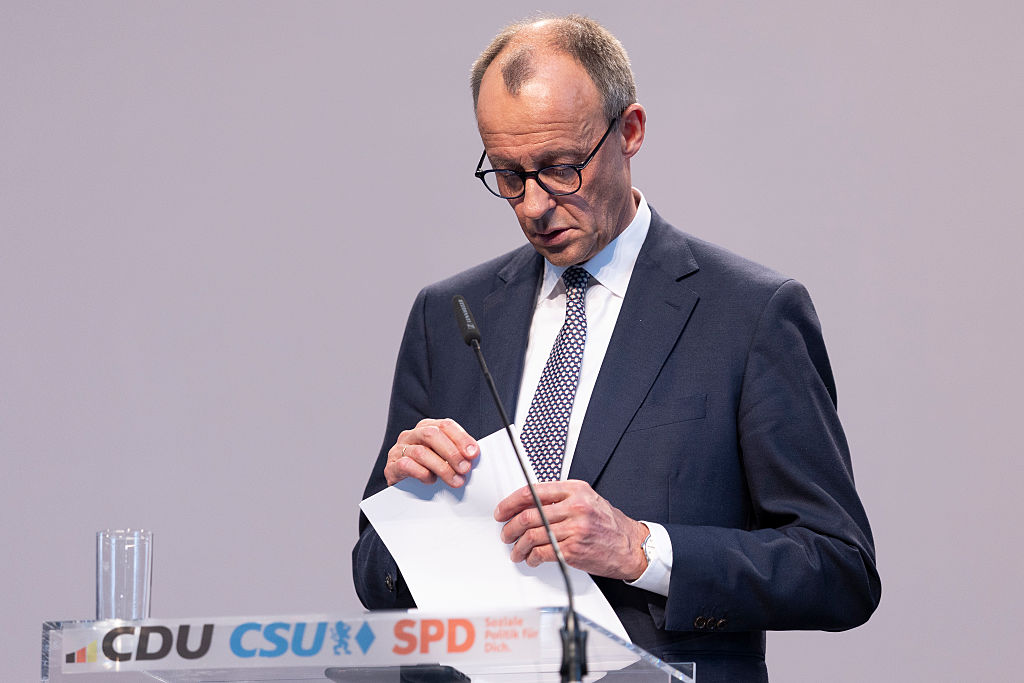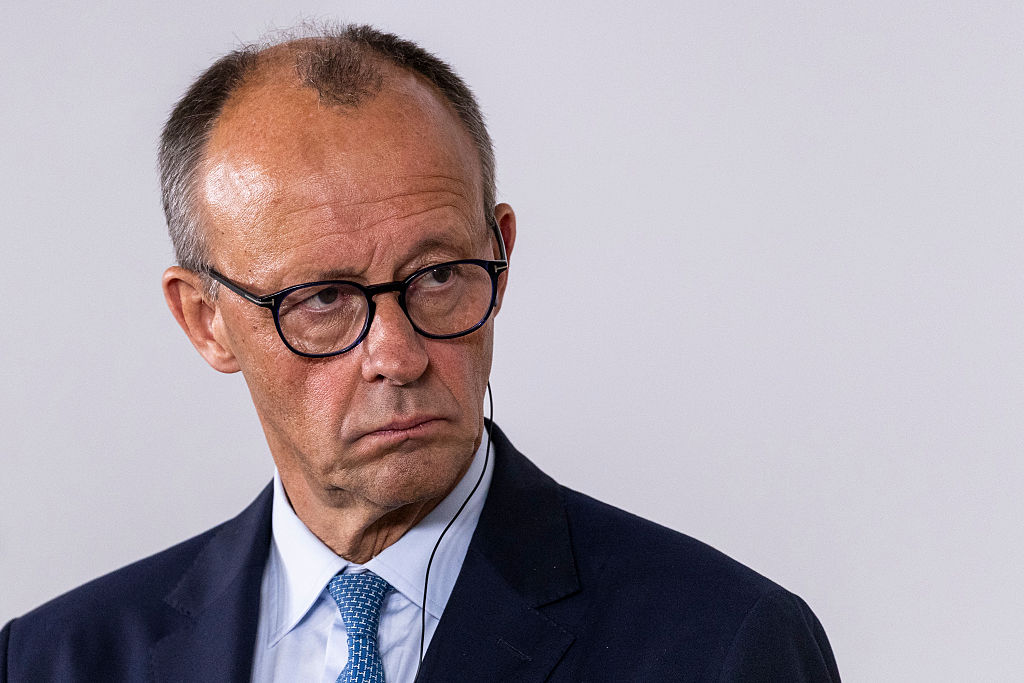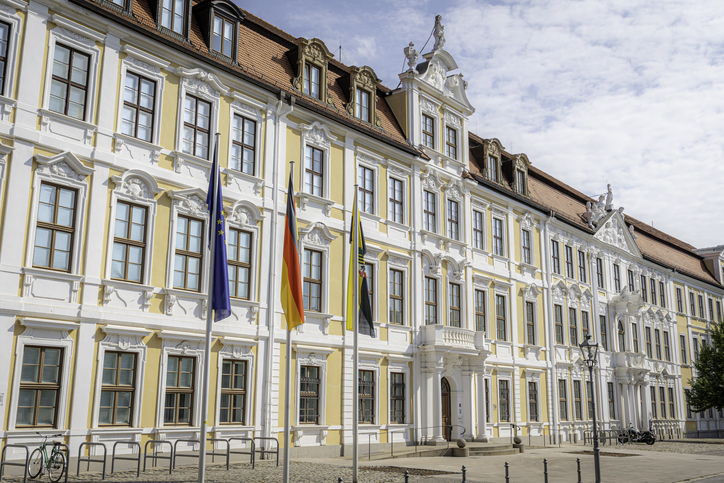The right-wing Alternative for Germany party (AfD) has lost the run-off elections for mayor in three major cities in the German State of North Rhine Westphalia.
In Gelsenkirchen, a city of 265,000 inhabitants, AfD candidate Norbert Emmericht got 33 per cent of the vote while Andrea Henze (Social Democratic Party, SPD) got 67 per cent.
The SPD also managed to retain the mayor’s seat in Duisburg (500,000 inhabitants) where incumbent mayor Sören Link achieved 79 per cent to AfD candidate Carsten Groß’s 21 per cent.
In Hagen, a city of 190,000 in the southeast of the Ruhr area, AfD candidate Michael Eiche lost to Dennis Rehbein, the Christian Democratic Union (CDU) candidate, with 28 to 72 per cent.
The CDU also managed to secure they mayoral seats in the State capital of Dusseldorf as well as in the major cities of Dortmund and Essen. The Conservative CDU now rules three out of the five biggest communes of the State.
North Rhine Westphalia’s State Prime Minister Hendrik Wüst (CDU) called the results “a vote for the pragmatic, solution-oriented, Christian Democrat policy of the Centre”.
Despite losing the elections, the AfD candidates appeared reasonably happy with the results. Emmerich emphasised he had improved his result from the first round by 5 percentage points and added he would continue aiming to turn the rundown city into a “lovable and liveable town” again.
Sven Tritschler, the AfD’s deputy speaker in North Rhine Westphalia, said the run-off elections were “a big strategic success”.
The right-wingers had shown strength in the first round of the communal elections on September 14 where they received 15 per cent of the total vote. State broadcaster WDR called the result “a warning shot that does not surprise”.
The three cities where the AfD made it into the run-off elections are among those that have been hit the hardest by the economic downturn and mass immigration over the last decade.
High unemployment rates combine with poor public sanitation and an influx of predominantly southeastern Europeans and Arabs who allegedly abuse Germany’s generous social welfare programmes.
Swiss newspaper NZZ wrote yesterday about Gelsenkirchen: “If you walk through the problematic areas of Germany’s poorest city, you see misery everywhere.”
Enxhi Seli-Zacharias, a State MP for AfD, said after the first round of the communal elections: “We are already a people’s party. Here [in Gelsenkirchen] we are also being elected by migrants who are fed up with these catastrophic conditions.”





